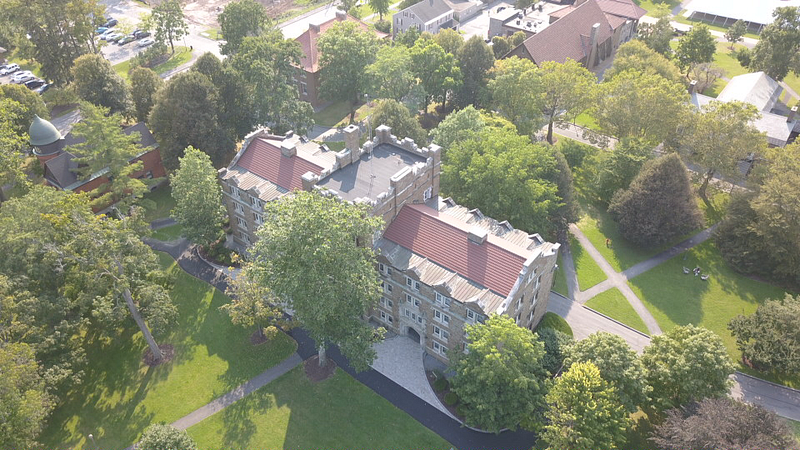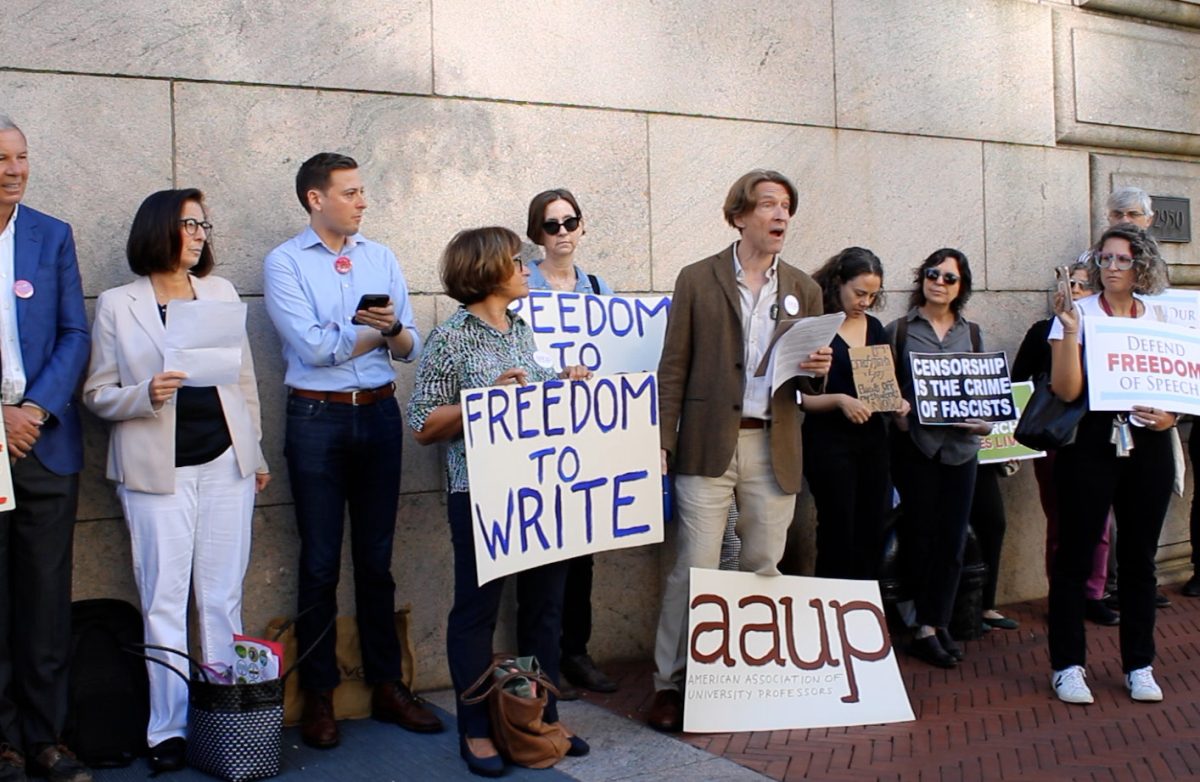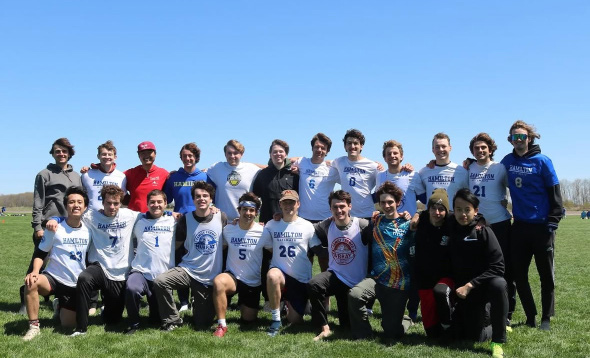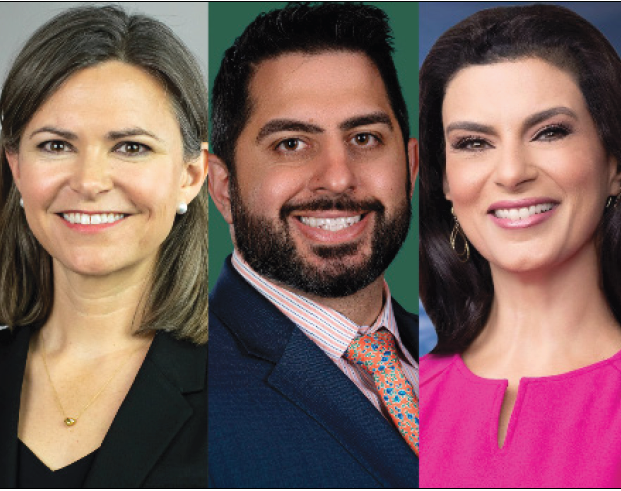
Last fall, the Committee on Academic Policy (CAP) made the decision to discontinue the long-running Residential Engagement in Academic Life (REAL) program.
The program, which was open only to first-year students, was an optional part of the first-year experience. Students who opted in lived on the third and fourth floors of South Residence Hall and took one course with other students participating in the program.
Classes were limited to 15 spaces, while the entire program always con- sisted of 60 students total. The faculty members involved also agreed to take on all students enrolled in their REAL program course as advisees.
The classes offered changed by year, but diversity in courses was a key consideration for Tessa Chefalo.
Chefalo, who serves as the Director of Orientation and First-Year Programs in the Residential Life department, took over the REAL program in the Spring of 2015 following former Associate Dean of Students Meredith Bonham’s departure from the college.
For Chefalo, the main goal of the program was to provide students with a chance to not only get to know their advisor better but also to live in an engaging and supportive learning environment, bridging the gap that might exist for some students between academic and residential life. “If you’re in a REAL course and you are struggling with an assignment or you want to talk through something with somebody, those people are all right down the hall from you,” Chefalo said. “So it created a really unique opportunity for students to think critically and talk about what they were thinking about in the classroom outside of the classroom.”
Professor of Literature Vincent Odamtten taught in the REAL program for three years with the course Literary CSI.
As a faculty member, Odamtten enjoyed participating in the REAL program.“I got to know the students in a way in which some discussions in class revolved around a common set of experiences, good or bad,” Odamtten said. “What I felt was good about it was that all of the students were also my advisees, and we bonded around the course as well as other activities.”
Other activities meant movie screenings, dinners, receptions or other activities exclusively for REAL program courses. REAL program faculty were allotted funding from the First-Year Experience budget to further bond with their students and advisees.
That bonding, Odamtten and Chefalo believe, was a success. Students who took part in the REAL program generally expressed satisfaction, and the program was continually popular with incoming freshmen.
Chefalo reported that approximately 75–80 students expressed interest in joining, and the 60 spots were thus always filled.
However, Odamtten was not en- tirely surprised when he found out that REAL was finished.
“I had a sense that [the REAL pro- gram] might be discontinued before it was,” Odamtten said, citing pressures on resources in a small residential college as one reason the program might have been terminated.
One difficulty lay in the fact that faculty members’ leave schedules could sometimes conflict with their participation.
CAP did not publicly announce their reasoning behind the decision to abolish REAL, and Odamtten does not see it coming back — at least not in the same way.
“It was sort of built in that it needed to have a review at some point and to see whether we could go on,” Odamtten said. “I think there were more logistical reasons behind the program’s ending, but programs like this always need to be assessed and reassessed. They can’t go on forever.”

















